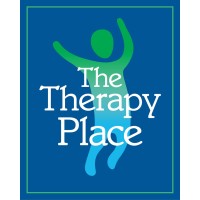
Billet Health
Billet Health is a veteran-owned, nonprofit healthcare organization delivering coordinated care across every stage of life. We offer a full continuum of services - including home health, hospice, pharmacy, primary care, caregiving, chronic care, podiatry, dermatology, and more - all under one connected network. With 27 locations across 5 states, our mission is to make care feel seamless, personal, and truly supportive for patients and families navigating complex health needs. Born from service, Billet was founded by two veterans who saw the gaps in our healthcare system - and set out to build something better: ➡️ Care that meets people where they are ➡️ Services that work together, not in silos ➡️ A team that treats every patient like family We partner closely with hospitals, discharge planners, and community health providers to ensure patients receive timely, high-quality care in the comfort of home - and that families never feel lost in the system. If you believe healthcare should be more human — you belong in the Billet network.






